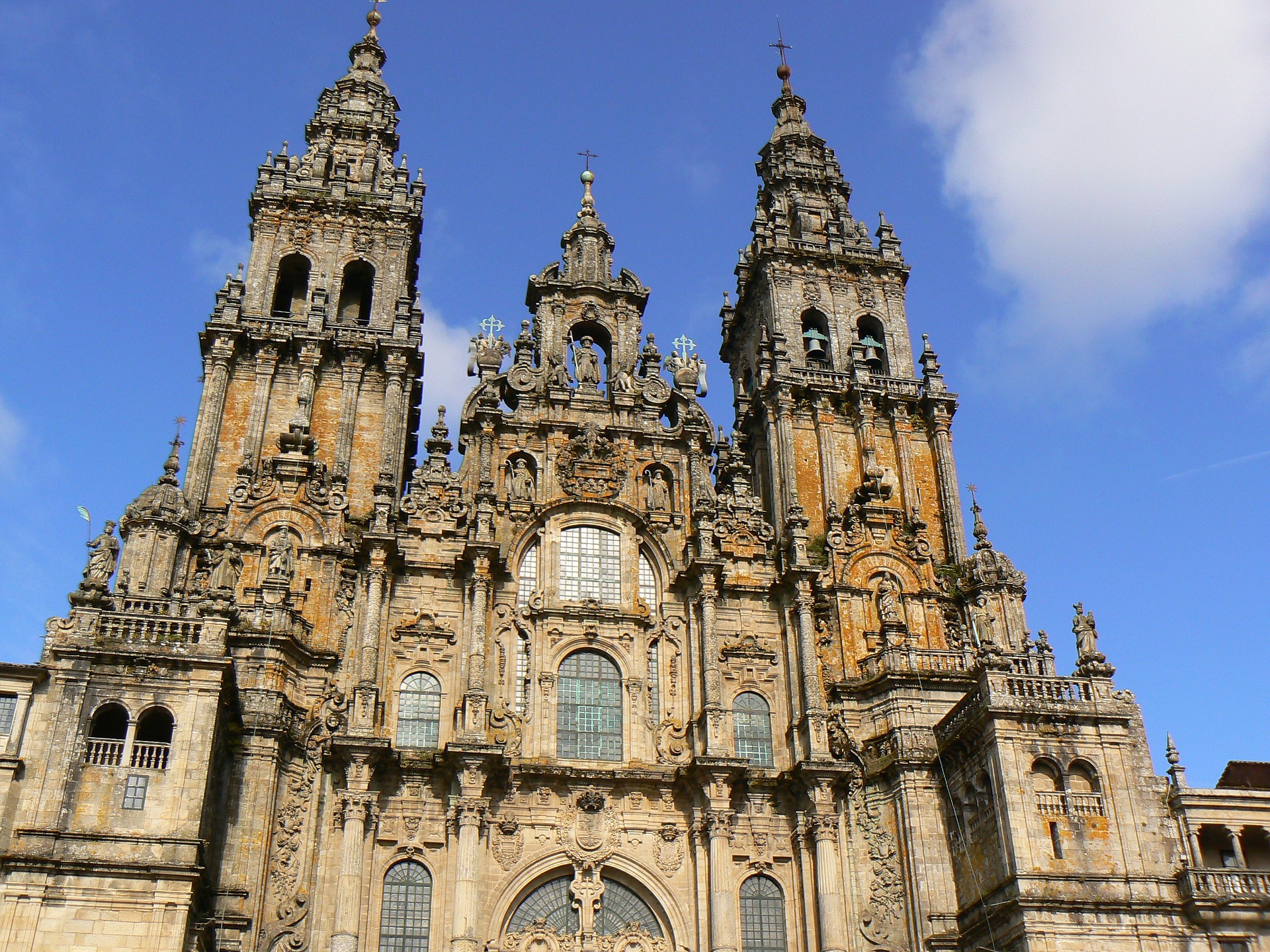
Galicia
Inheritance tax Galicia
Galicia has its own inheritance tax regulations as a result of the Spanish State ceding the tax revenue of inheritance and gift tax to Comunidades Autónomas, along with some regulatory autonomy to adapt tax to the particular circumstances of the respective Comunidad Autónoma.
This means that most Comunidades Autónomas have ruled new (and huge) benefits compared to those established by the Spanish State.
While the tax scheme and regime is the same in all parts of Spain, the Comunidades Autónomas took advantage of the given power to fix higher thresholds, or different rates or direct reductions on the amount to be paid (and sometimes all of these) to benefit close relatives of the deceased or disabled people. There are also benefits that help promote local business, farming, etc. as well as in the acquisition of the Comunidad Autónomas’ cultural assets.
Galicia is a clear example of that.
However, the Comunidades Autónomas change their regulations quite frequently so it is necessary to check the regulation in force at the time the tax is due (the day of death).
Unmarried couples have the same rights as married couples provided their relationship has been registered in an official register of unmarried partners in a Spanish Comunidad Autónoma or an EU or third country, and complies with the regulations of Galicia`s Law of “ Parejas de Hecho” .
THERE ARE MUCH BIGGER ADVANTAGES that those ruled by the State Law regarding acquisitions by ascendants, descendants or spouse. It translates into bigger reductions and a different scale ( Tax rates)
Up to 1/1/2016 there was also a deduction of up to 99% of the total amount to be paid by descendants under twenty one, and also for ascendants, descendants and spouse, in this case if the individual acquisition was under 125.000 €
For successions opened after that date ( 1/1/2016) those deductions have been replaced by bigger reductions on the value of the assets to be taxed.
There is now a reduction of 400.000 € for ascendants, descendants and the spouse.
As of the first of January 2019, there is a specific reduction in the value of the assets acquired ( «Base Imponible») of 16.000 for blood siblings. That is important for another reason, as the new law specifies blood siblings which assumes that brothers and sisters in law remain where they were before, with uncles, aunts nephews, nieces.
(Remember that in the State law, kinship-in-law is only taken into account for stepchildren, but court decisions are extending the benefits of kinship both to kinship by blood and kinship by law)
In Galicia there are peculiarities related to the reduction of value of the house which has been the habitual residence of the deceased and in the acquisition of an individual enterprise, professional business or individual enterprise or professional business or, his or her share in a company.
From 1-1-2020 there is a huge improvement in the acquisitions of group II descendants over 21, ascendants and spouses. Now the reduction is to 1.000.000 €
In the acquisition of an individual business or share in a company, now the beneficiary can be up to the sixth grade of kinship
In Galicia the addition of gifts to the inheritance is reduced to gifts received in the three previous years ( instead of four in the State Law)
- The question now is who can take advantage of these benefits:
- If the deceased was a resident in Spain, the inheritance tax law of Galicia is applicable if the deceased lived there for most of the five years immediately prior to death.
If the deceased had lived longer in another Comunidad Autónoma than that in which they had their last residence, within this last five year period, that Comunidad Autónoma’s rule will be applied.If the deceased was a resident in Spain, but for less than five years at the time of death, no Comunidades Autonomas Law will be applicable, BUT Spanish State Law will be applied.
- If the deceased was a non-resident in Spain, BUT the beneficiary is, the tax payer can choose to apply the rule of the Comunidad Autónoma where the most valuable assets are located and, if there are no assets in Spain, the Law of the Comunidad Autónoma where they live.
- In cases where both the beneficiary and the deceased were non-residents, the tax payer can choose the law of the Comunidad Autónoma where the most valuable assets are located.These options for non-residents, are the result of a long process that has evolved in Spanish Law since the European Court of Justice resolution of September 2014.
Any Questions?
successions@inheritancespain.com
Contact us for specific personal advice for your individual case



